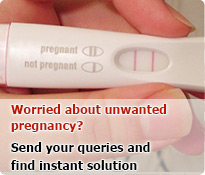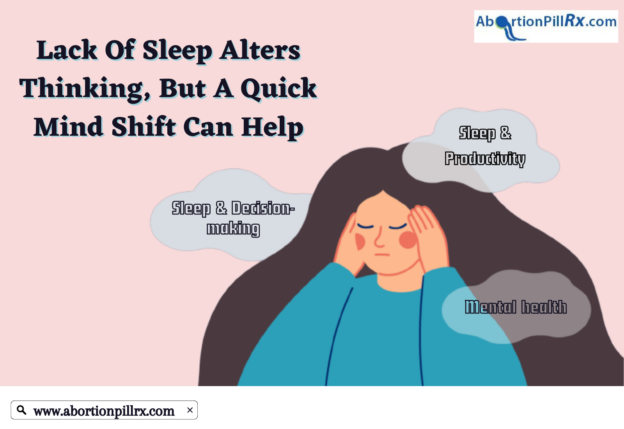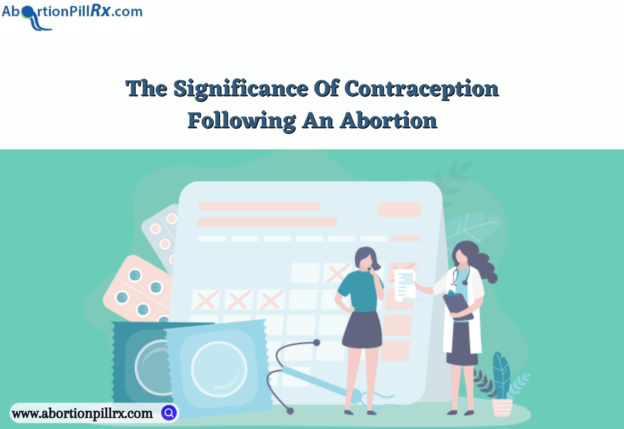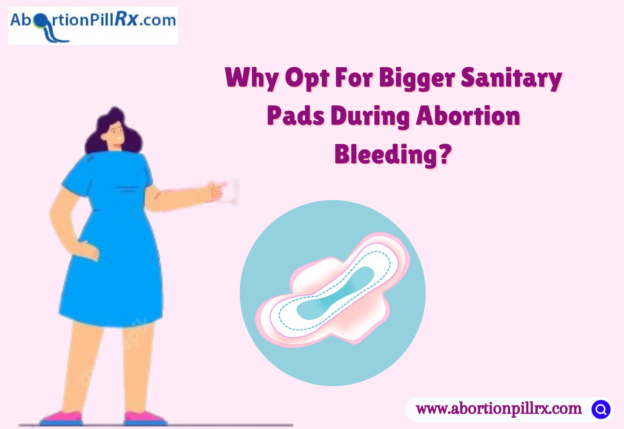Your mental health is closely related to how well you sleep. Lack of sleep may seriously harm your mental as well as physical well-being and interfere with everyday functioning. It’s critical to understand that sleep deprivation may affect a variety of health problems, including higher levels of anxiety, stress, and even the likelihood of developing certain mental health illnesses, in addition to having an impact on your alertness and productivity. Making peaceful sleep a priority is essential for preserving both physical and mental health.
Why Is Sleep So Important?
Most people understand the advantages of having an adequate amount of sleep for their health compared to the side effects of lack of sleep, which include irritation and mental fog. Recent, persuasive evidence supports the critical role that sleep plays in maintaining our bodily and psychological well-being. It has been demonstrated that getting little or poor quality sleep increases negative mental responses to stimuli while reducing positive sensations.
Even though more research is required to fully understand the processes linked to sleep and psychological wellness, it is known that sleep is tightly linked to many brain and bodily systems that are in charge of processing daily experiences and controlling emotions and actions. Sleep is also necessary for the preservation of cognitive functions which include recall, understanding, and attention. Therefore, sleep disruptions can negatively impact our ability to comprehend what is going on surrounding us and can significantly worsen the problems brought on by even little stressors.
Do Psychological Effects Result from Sleep Deprivation, and Is There A Connection To Mental Health Disorders?
Certainly. Sleep deprivation or poor quality increases the risk of mental health issues. It’s becoming more and more clear that sleep problems may both cause and worsen a variety of psychological issues, particularly sadness, anxiety, and even suicidal thoughts. Sleep deprivation can be a sign of disorders notably depression as well as anxiety.
Even those who are typically healthy might experience increased levels of worry and anguish after sleeping insufficiently, according to research on sleep deprivation. Chronic sleep problems can make psychological symptoms worse and increase the likelihood of suicidal thoughts in those who already have mental health concerns. The fact that there are methods to improve the quantity as well as quality of sleep highlights the significance of identifying and treating sleep issues as an essential first step in lessening the severity of mental diseases.
Sleep And Productivity
There is no denying the link between sleep and how well we function during the day. Lack of sleep affects one’s ability to respond quickly, make decisions, move slowly, remember knowledge, and come up with new ideas. It’s not unusual for tired people to carry work home from the office since their performance there was subpar. However, this frequently results in more restless nights and idle days.
While it might seem like a convenient “quick solution” to reduce sleep in order to complete tasks, this approach only sets the stage for enduring sleep issues. Prioritizing your sleep not only provides you with renewed energy and a positive mood but also fosters optimism and resilience to effectively confront daily challenges. In the realm of health and productivity, it’s crucial to recognize that the duration, quality, and consistency of your sleep play equally significant roles.
Sleep And Decision-Making
The average adult needs between seven and nine hours of sleep every night for maximum performance. Sleep is a healing process that enables the body to recover and allows the mind to digest and retain knowledge from the previous day. It serves as a vital mechanism for recovering from everyday activities and getting ready for new challenges.
Even the loss of just one hour of nightly sleep can have notable consequences, particularly affecting decision-making abilities. This goes beyond distinguishing right from wrong; it extends to the capacity to assess risks and rewards, retain memories, and make sound dietary choices.
Healthy Sleep Habits
1. Stick to a consistent sleep schedule.
Why it’s crucial: Regular routines enhance sleep quality, and the timing of daily activities, including meals, influences sleep patterns.
What to do: Establish a steady wake-up time, maintain a routine for meals, and follow a consistent bedtime routine.
2. Limit daytime naps to 20 minutes.
Why it matters: Napping in the late afternoon or evening can affect nighttime sleep.
What to do: If you nap, keep it short (20 minutes) and ensure it’s well before bedtime.
3. Get 30 minutes of daylight.
Why it’s essential: Natural light influences your body’s sleep-wake cycle. Morning exposure helps regulate nighttime sleep.
What to do: Spend time outdoors in the morning or bring natural light in through windows for at least 30 minutes daily.
Conclusion
In conclusion, it is evident that sleep has an effect on our cognitive functioning. Thought and decision-making can be affected by sleep deprivation, but by appreciating its significance and adopting little changes to emphasize good sleep, we can improve our mental clarity and general well-being.





